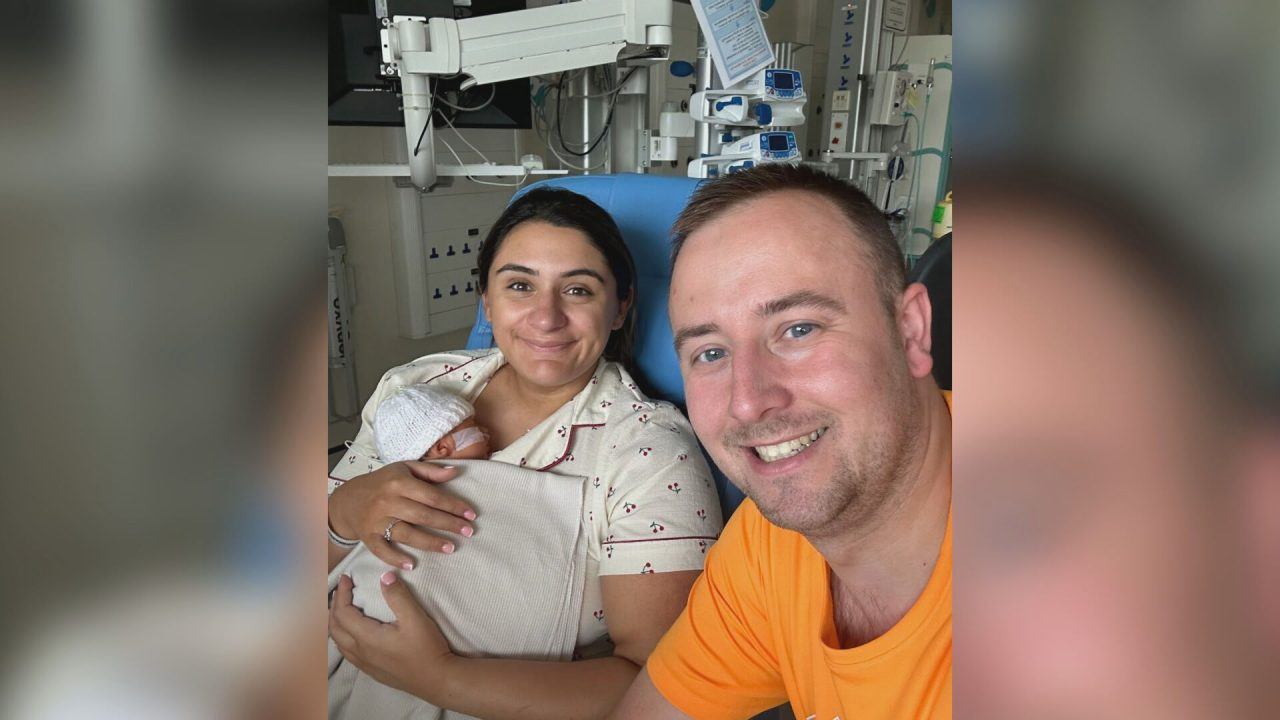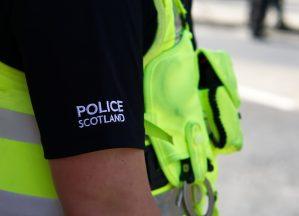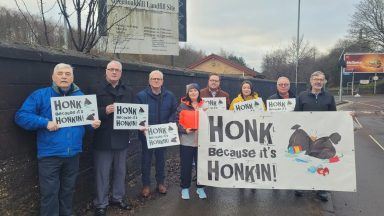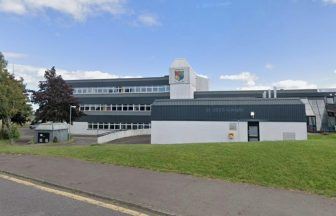A Glasgow mum fears she “could have died” after finding a medical swab used during the birth of her daughter still left inside her several days later.
Aisha McCracken, 28, said she complained of severe discomfort and a foul smell several times to medical staff before she made the “horror” discovery by herself at home.
She fears the incident could have led to sepsis or toxic shock syndrome, as well as potentially putting her life at risk and leaving her newborn without a mother.
The nursery worker said she is now being treated for PTSD and postnatal depression.
She told STV News: “It’s left me traumatised. I’ve been left with postnatal PTSD and am on a high dose of mental health medication. It’s birth trauma.
“I’ve lost faith in healthcare professionals now. It’s quite sad, actually, because it made me realise I don’t want more children. I don’t think I can go through the emotional side of that again.”
Aisha described the birth of her first child, arriving a month earlier than expected, as “traumatic”. She chose to decline pain relief and ended up having a forceps delivery.
Two days later, her condition took a turn for the worse as she began experiencing pain and an “infected” odour.
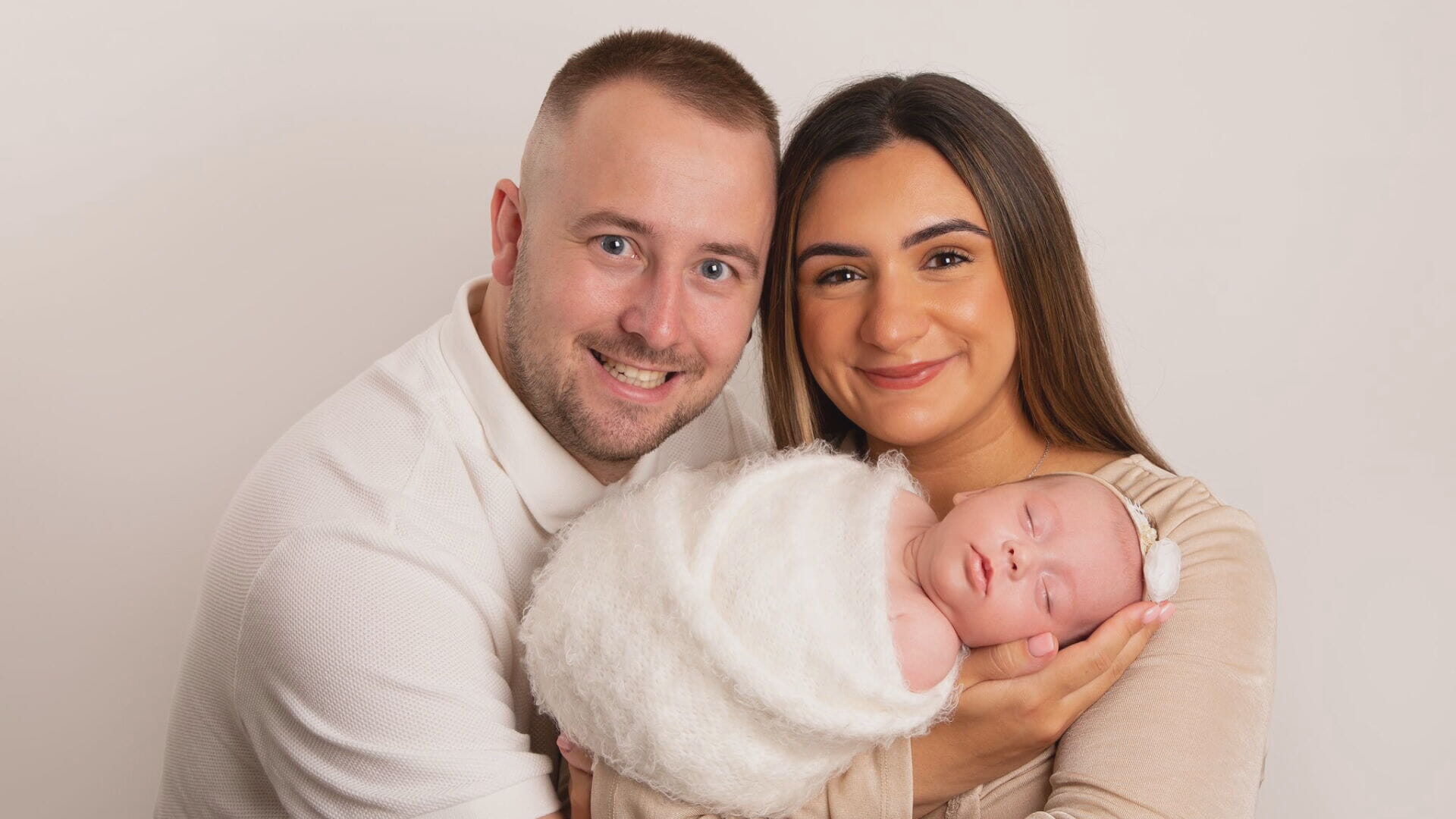
Despite reassurances from hospital staff that she was experiencing normal post-birth symptoms, her condition worsened after she returned home.
“It was degrading, especially when I was out in public,” said Aisha. “Any healthcare professional knows what infection smells like, and this was awful.
“I had to change my pad every half hour. I was shivering, using surgical wash, and you could still smell it through my clothes. It was horrendous.”
It was only after feeling something wasn’t right while taking a shower that Aisha discovered the swab.
She called the hospital and, though staff “dismissed” it as a blood clot or debris, she was asked to come in for examination.
She said to add to her existing trauma, the doctor performing the examination had overseen the delivery of her baby.
She described “bursting into tears” when it was confirmed to be a theatre swab and it was taken out.
“I knew something was wrong and I was dismissed – but I was right,” she said.
“The doctor apologised profusely but I was in a daze. The tears just kept coming and I asked my husband ‘why me?'”
Aisha says her experience has taken a “massive toll” on her relationship with her daughter Sophie due to her mental health struggles and has also left her reluctant to have another baby.
“Postnatal depression hit hard – I wasn’t a happy mum or wife,” she admitted.
“I feel the first seven months of Sophie being here were robbed. I was in a really dark place.
“I’m in a better place now, but I still have thoughts that I could have died. They’ve diminished the prospect of me having a bigger family.
“It really feels like gaslighting. I think because I’m a new mum, they took advantage of the fact that it was my first baby.”
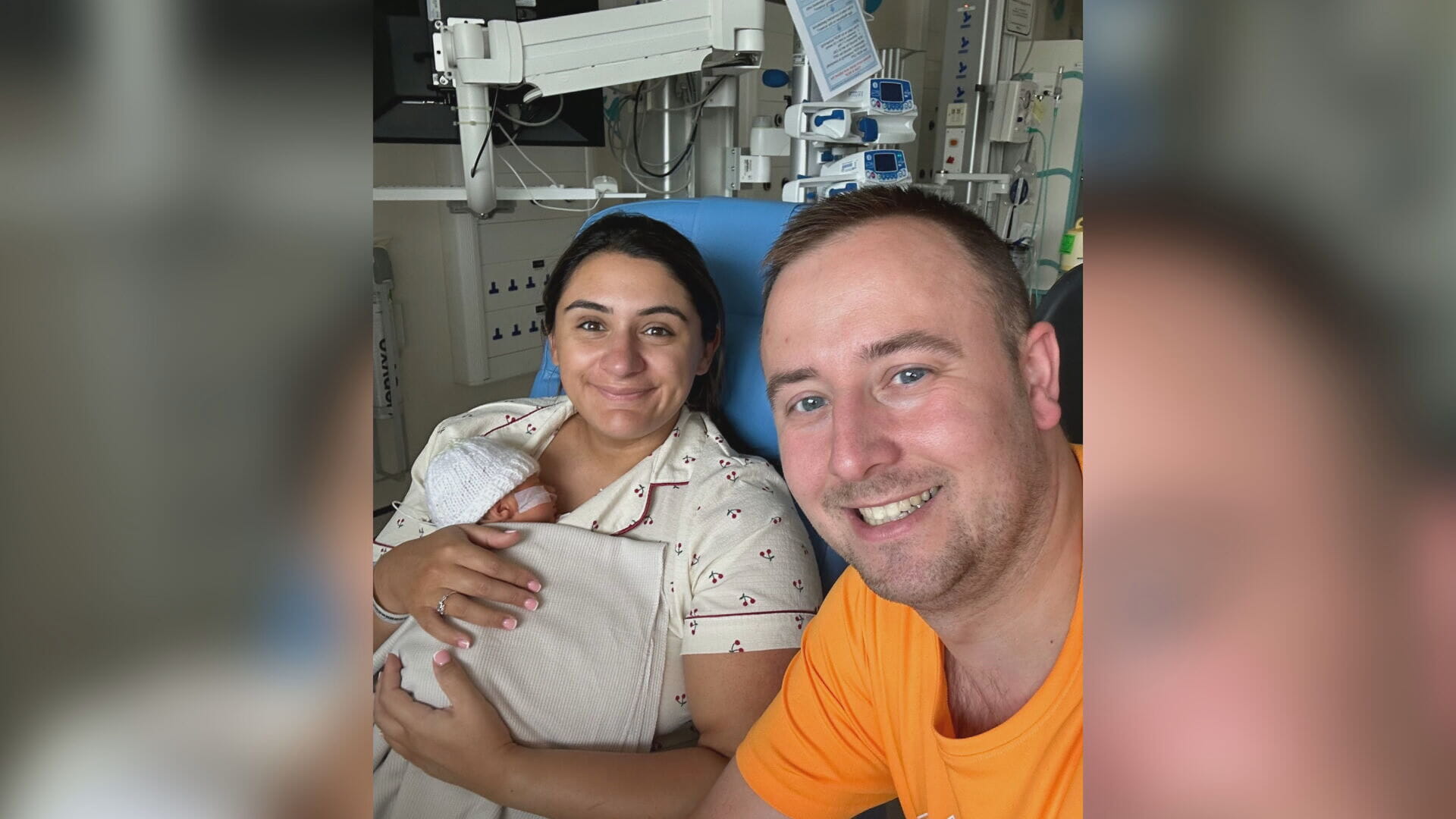
Aisha was informed by hospital officials that a Significant Adverse Event Review would be conducted to investigate the causes of the incident.
“Women have to realise it’s okay to stand up for ourselves. If you know in your gut something isn’t right, speak up – or get someone else to advocate for you,” said Aisha.
“I don’t want other women to go through this situation,” she said.
Dr Claire Harrow, deputy medical director for acute services at NHS Greater Glasgow and Clyde, said: “We would like to apologise unreservedly to Mrs McCracken for the distress she has suffered.
“The circumstances of this case are the subject of a detailed investigation, and we are currently implementing a new system to prevent such incidents happening again.
“This includes a new reporting tool in all birth rooms, a new standard operating procedure and enhanced training for all staff.”
Scottish Conservative health spokesman Dr Sandesh Gulhane said Aisha’s case highlighted the pressures facing NHS staff.
He said: “The pressure we’re putting our staff under is leading to moral injury, people are burning out and that leads to less people coming into our health service and being able to work. That leads to a vicious cycle.
“We need action. we need delayed discharges to come down, we need to see A&E waiting times comes down, one in six people are on a waiting list, that needs to come down as well, and then we will start to see this relief in pressure.”
Follow STV News on WhatsApp
Scan the QR code on your mobile device for all the latest news from around the country


